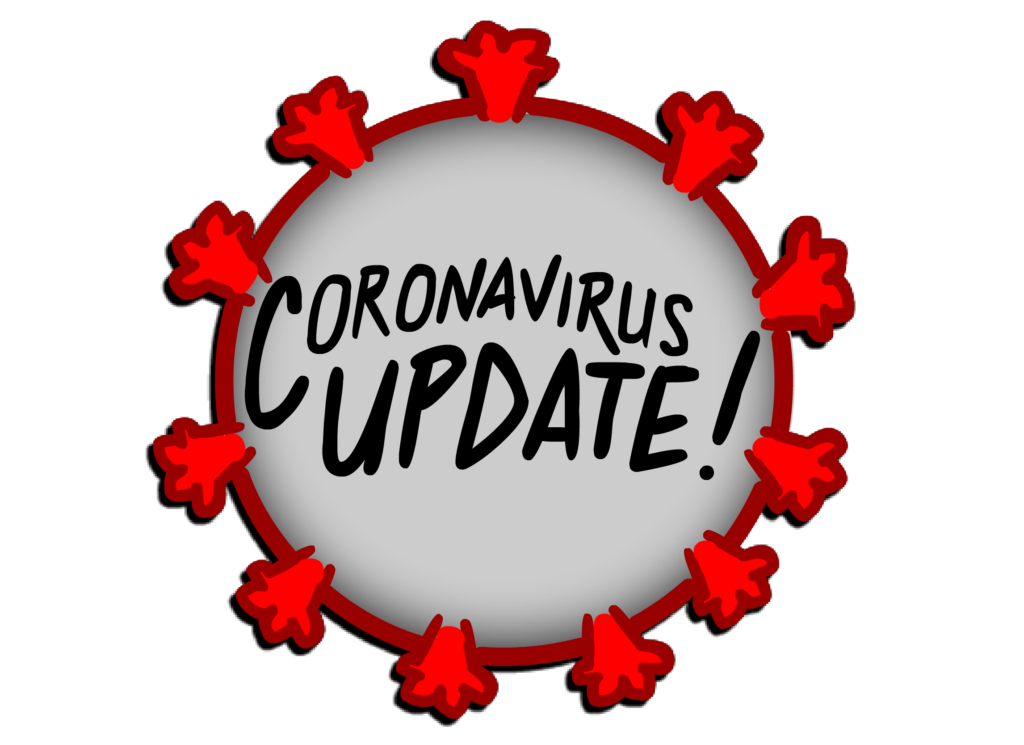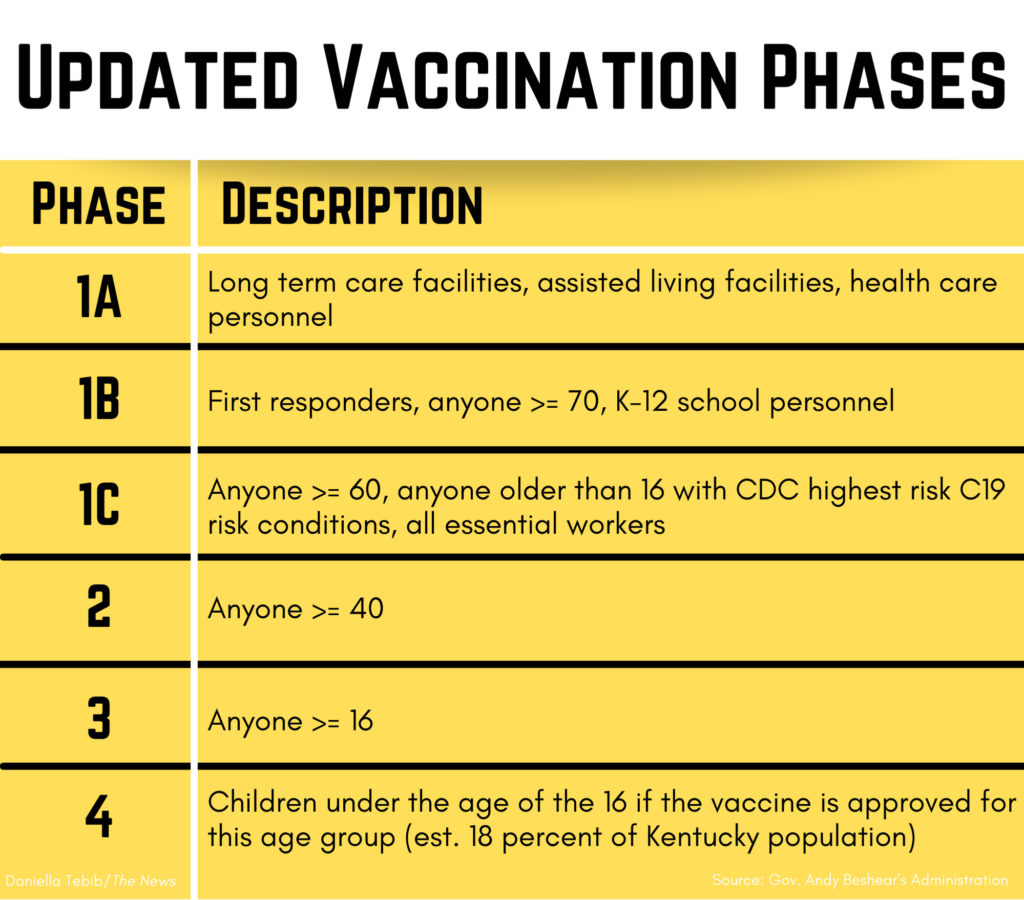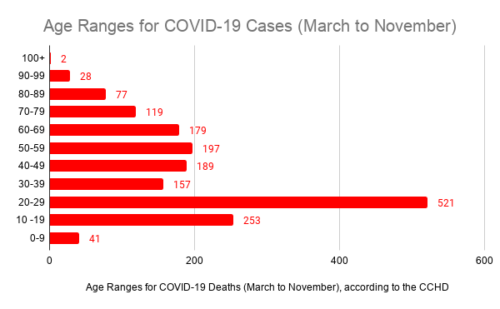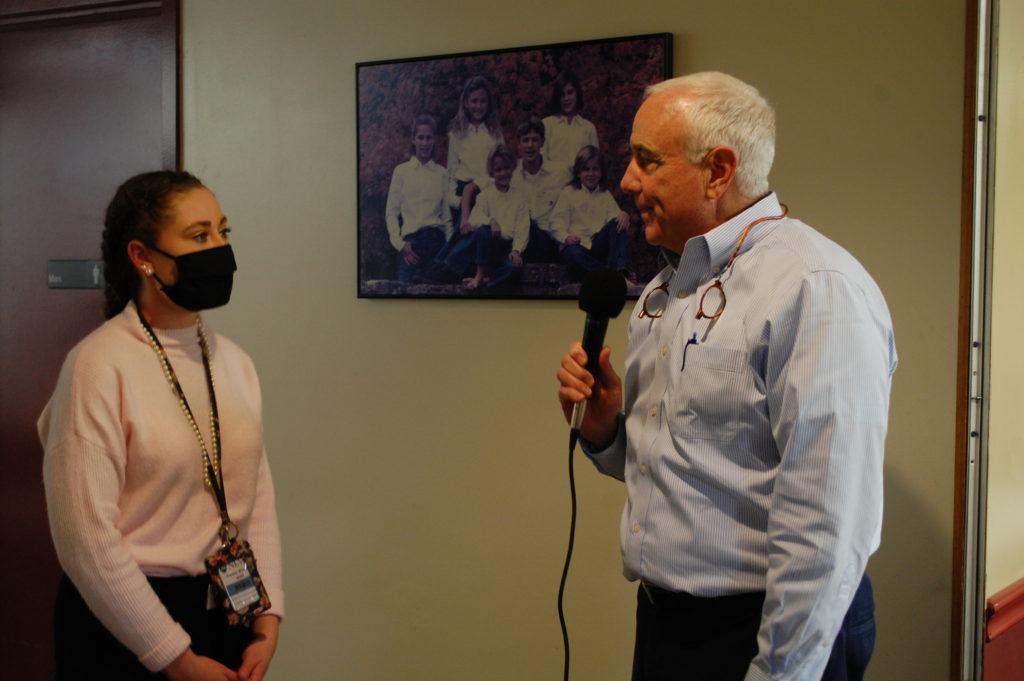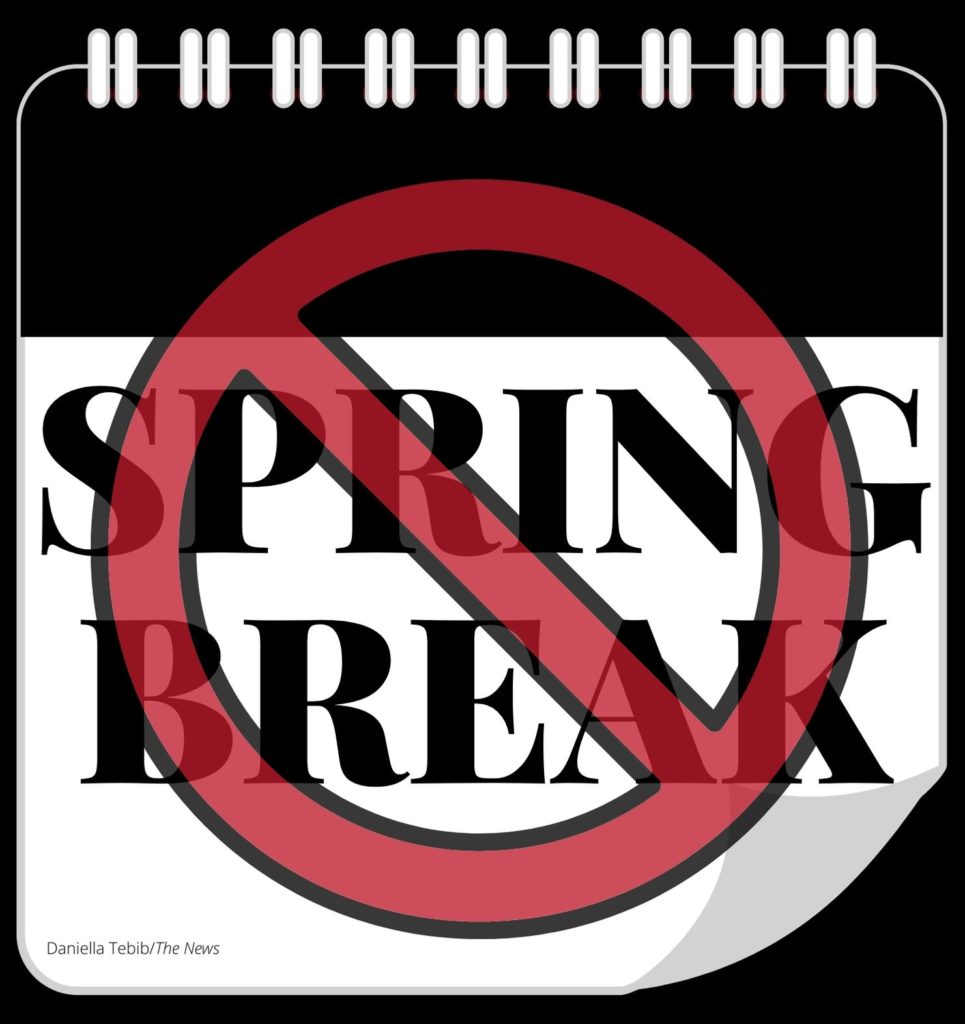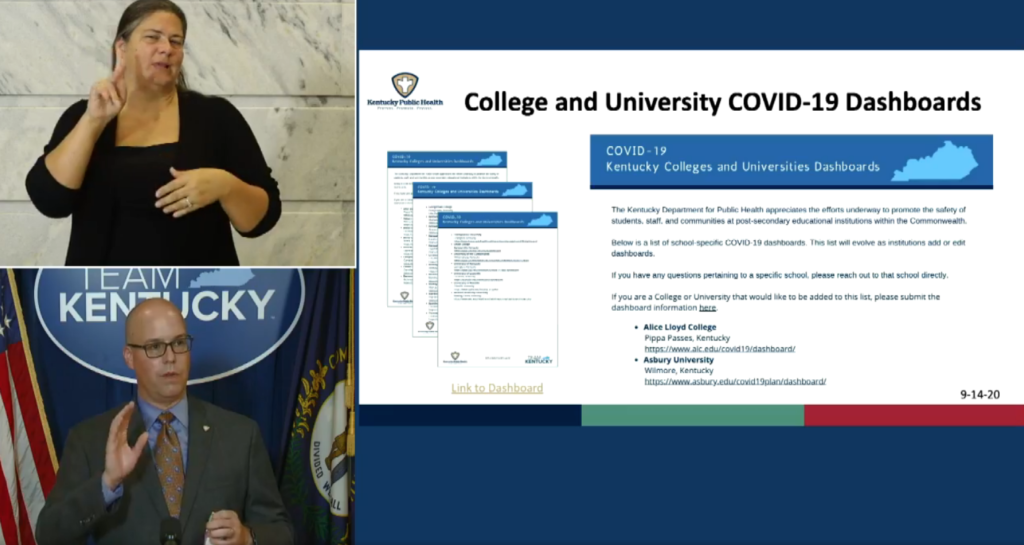Emily Shepherd
Contributing writer
eshepherd2@murraystate.edu
Online scammers have taken to profiteering from consumer health concerns, setting up fake websites, sending fake emails and texts to sell charlatan products that claim to cure or prevent COVID-19.
Gov. Andy Beshear and Attorney General Daniel Cameron issued a scam alert warning Kentuckians of potential consumer scams related to the coronavirus.
The scammers may pose as public health organizations like the Centers for Disease Control and Prevention, UNICEF or the World Health Organization, and ask consumers to provide personal information or contact them.
According to the scam alert, Kentuckians should ask their family doctor or government health officials for information on how to obtain a vaccine if and when a vaccine is approved.
According to the Federal Trade Commission, there are several ways to avoid coronavirus scams:
Hang up on robocalls and don’t press any numbers. Scammers are using illegal robocalls to pitch everything from scam coronavirus treatments to work-at-home schemes. The recording might say that pressing a number will let you speak to a live operator or remove you from their call list, but it might lead to more robocalls instead.
Fact-check information. Scammers, and sometimes well-meaning people, share information that hasn’t been verified. Before you pass on any messages, contact trusted sources. Visit federal, state and local government agencies.
Know who you’re buying from. Online sellers may claim to have in-demand products, like cleaning, household and health and medical supplies, even if they don’t.
Don’t respond to texts and emails about checks from the government. The details are still being worked out. Anyone who tells you they can get you the money now is a scammer.
Don’t click on links from sources you don’t know. They could download viruses onto your computer or device.
Be vigilant about emails claiming to be from the CDC or experts saying they have information about the virus. For the most up-to-date information about the coronavirus, consult the Kentucky Department for Public Health and the CDC, or call the COVID-19 hotline about health-related concerns at 1-800-722-5725.
Ignore online offers for vaccinations. There currently are no vaccines, pills, potions, lotions, lozenges or other prescription or over-the-counter products available to treat or cure COVID-19.
“Kentuckians should be suspicious of scammers and con artists claiming to have a cure for the newest strain of the virus,” Beshear said. “Only legitimate medical authorities are working with the CDC and the FDA to create a vaccine for COVID-19.”
Do your homework when it comes to donations, whether through charities or crowdfunding sites. Don’t let anyone rush you into making a donation. If someone wants donations in cash, by gift card or by wiring money, don’t do it.
“We urge every Kentuckian to check the source of any information or claims related to COVID-19,” Cameron said. “Be wary of any communication that asks for personal information or donations and report scams to the Kentucky Office of the Attorney General by calling the Consumer Protection Hotline at 1-888-432-9257.”
To learn more about potential coronavirus scams, visit the Federal Trade Commission or the Better Business Bureau.


























































































